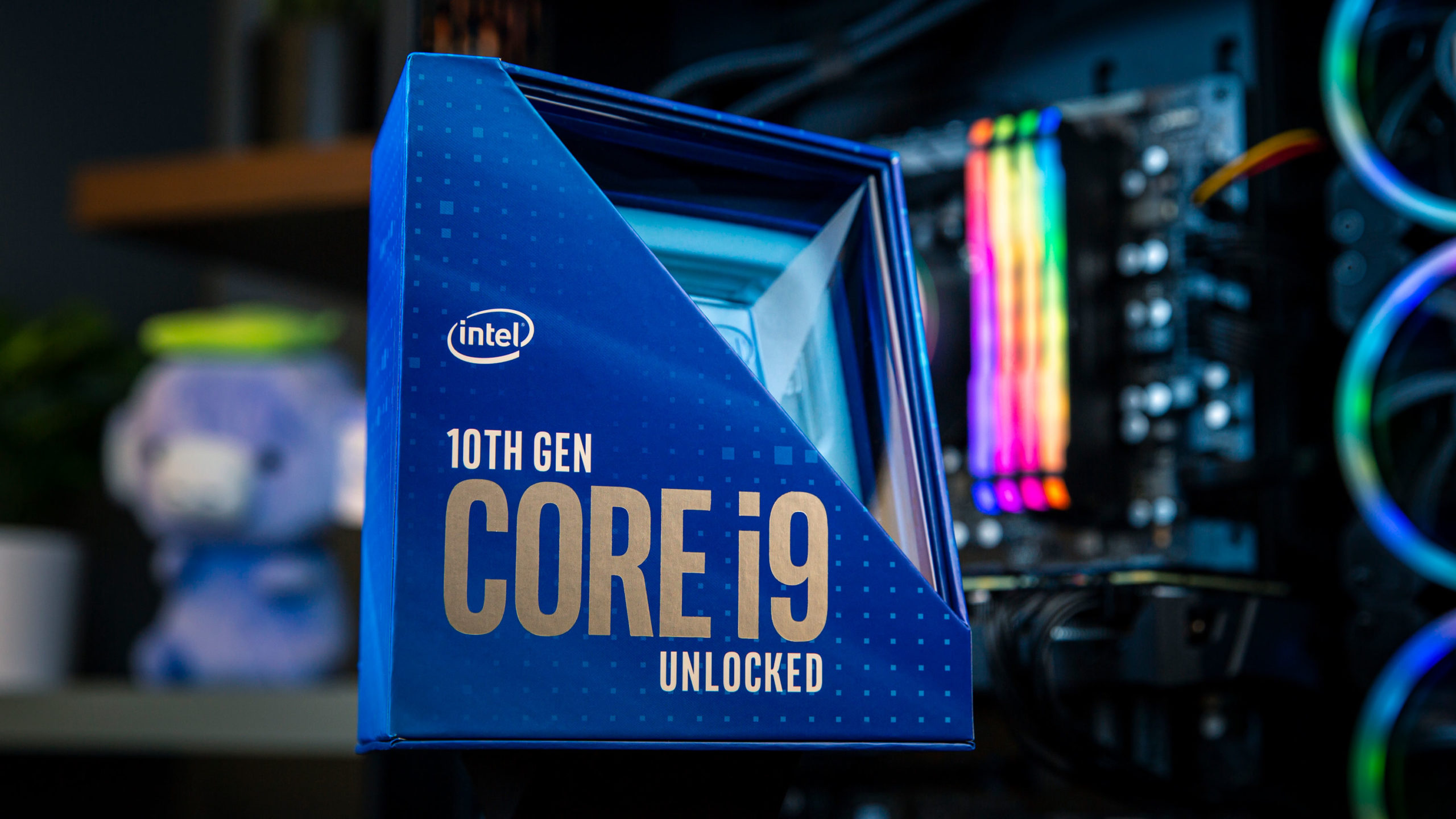Microsoft has published its latest Windows 11 processor support lists. The latest version of the OS, Windows 11 version 24H2, now includes official support for some of the newest Intel chips such as Lunar Lake and Arrow Lake Core Ultra 200 parts. However, we are surprised to see that Intel’s 8th, 9th, and 10th Gen processors are no longer officially supported. The decision may be related to Intel’s move of 7th-10th Gen iGPUs to a legacy support model in December.
Though Windows 11 24H2 has been pushed to consumers for several months already, Microsoft has just released the first official CPU support lists on its Hardware Developer site. When the first version of Windows 11 went official users were surprised to see many serviceable Intel CPUs, the 7th Gen Kaby Lake series and older, left unsupported. Now we appear to be seeing Intel’s 8th, 9th, and 10th Gen processors meeting the same fate.
Cutting support for Intel processors launched as recently as 2020 (10th Gen Comet Lake), seems rather drastic. The Core i9-10900K with 10C/20T and a boost as high as 5.3 GHz seems far too virile to be put to pasture when a Celeron 6305 2C/2T Tiger Lake chip (also launched in 2020), for example, makes the Windows 11 version 24H2 official support list.
Microsoft doesn’t explain its CPU support decisions on the linked page. All it really says is that, going forward, “subsequently released and future generations of processors which meet the same principles will be considered as supported, even if not explicitly listed.” Moreover, it doesn’t mention the dropping of support for Intel’s 8th 9th, and 10th Gen processors in the preamble to the Windows 11 version 24H2 list.
Intel found holding the smoking gun?
The absence of explanation might give some hope that all the Intel 8th, 9th, and 10th Gen processors missing from the support list could be some kind of clerical error. However, the dropping of support of these particular Intel CPUs tallies with Intel’s moving of “7th – 10th Gen Intel Processor Graphics and related Intel Atom, Pentium, and Celeron processor graphics to a legacy software support model.” Intel announced this change quite recently, in December 2024.
If this is the reason for omitting these chips from the CPU support list, we have to wonder whether an 8th Gen chip, for example, with a modern discrete GPU will sail past any ‘unsupported hardware’ OS upgrade barriers.
Windows 11 version 24H2 supported AMD processors
Meanwhile, folk rocking PC systems running AMD processors will see that Ryzen 8000 chips have been added to the official Windows 11 support list (for 24H2) for the first time. We noticed that some mobile chips were misnamed, like the Ryzen 7 Pro 8945HS, which should be the Ryzen 9 Pro 8945HS. Also, the non-Pro SKU seems to be missing from the list, but these are likely oversights.
Microsoft seems slow to add explicit Ryzen 9000 and Ryzen AI mobile chip support, too. There are no signs of any Ryzen 9000 CPUs, nor popular chips like the Ryzen AI 9 370 HX on the new list. Remember though, Microsoft says that new and upcoming processors built upon previous chips “will be considered as supported, even if not explicitly listed.”
Lastly, Microsoft’s processor support axe has been known to sway, and even systems using CPUs outside of the official support lists can and do get Windows updates.
